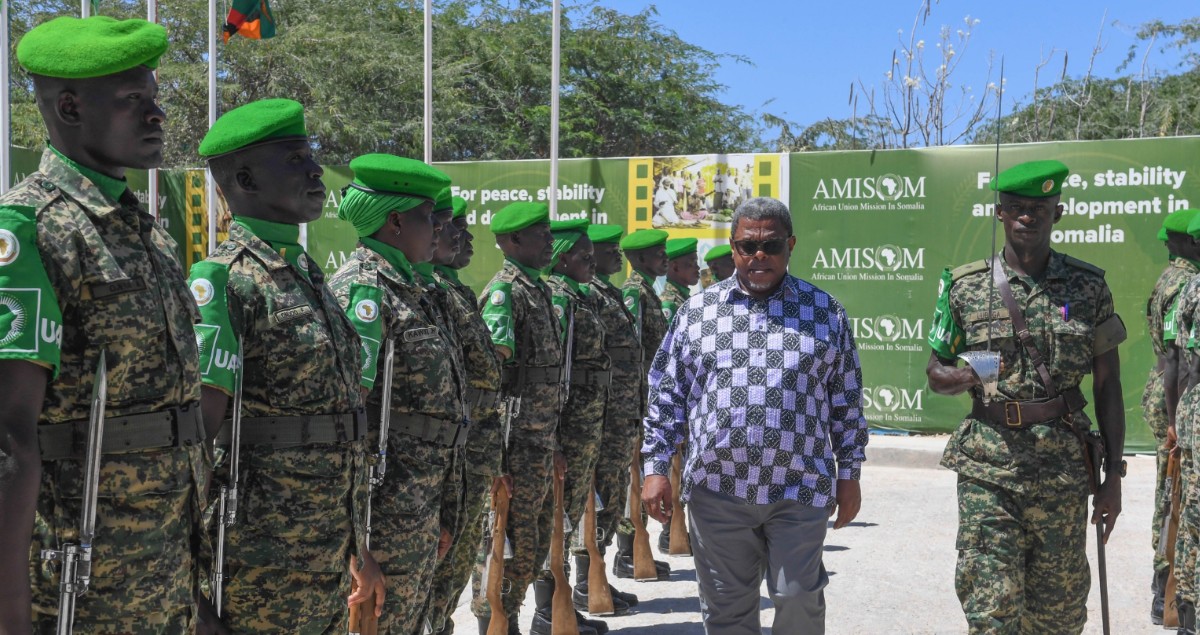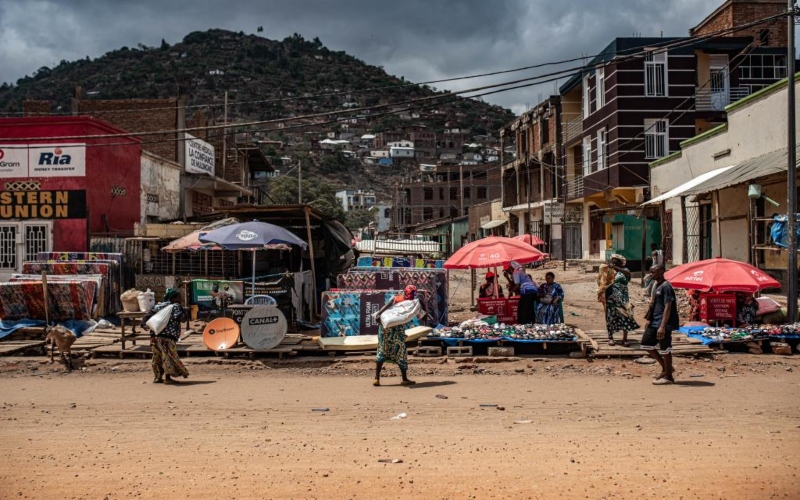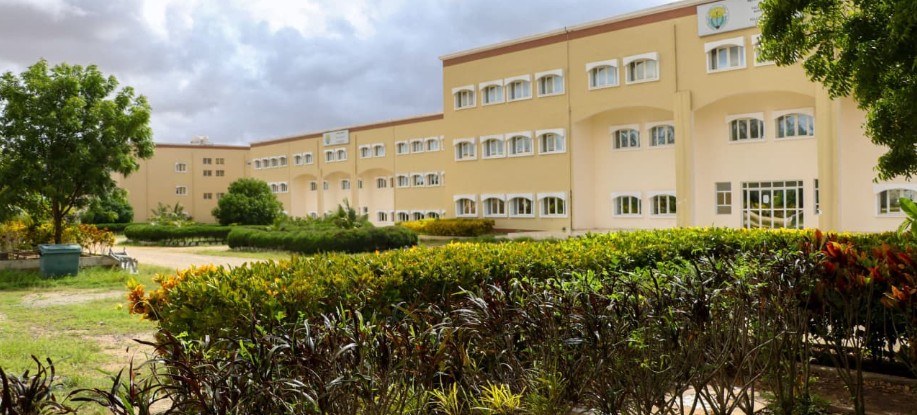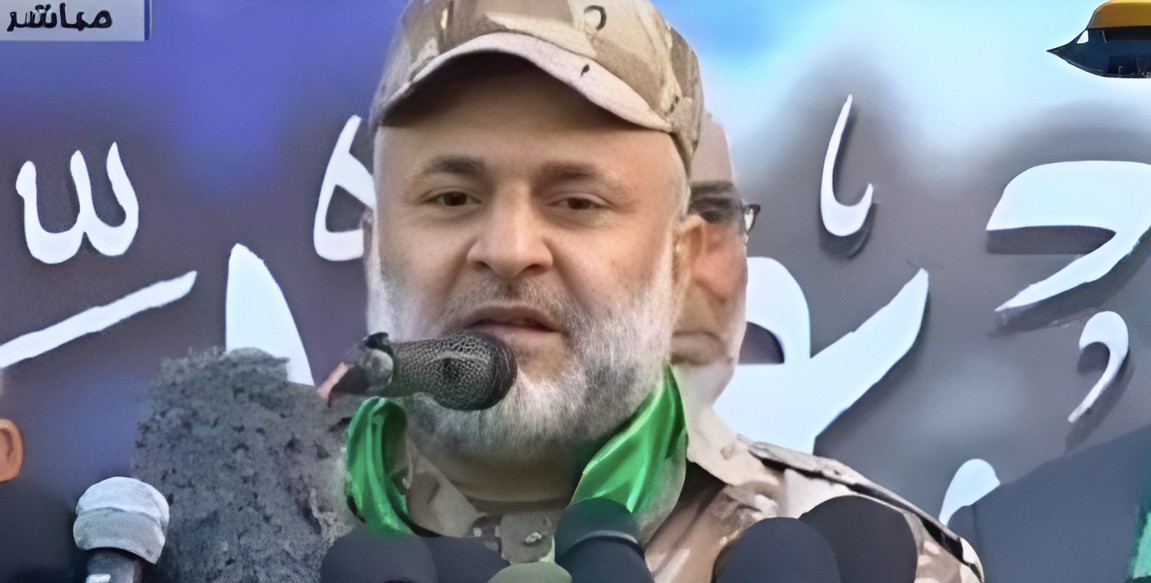UN Security Council to discuss new AU mission in Somalia in closed session

The realignment of AU troops from ATMIS to AUSSOM is expected to be completed by June 30 this year, ahead of the launch of phase two of the mission, which is scheduled to begin on July 1 with a focus on securing AUSSOM positions and supporting offensive operations.
The United Nations Security Council (UNSC) will today receive an update on the implementation of the new African Union Support and Stabilisation Mission in Somalia (AUSSOM), which, despite firming up its troops composition, still faces financial challenges that place its future in doubt.
Deputy Head of Mission AUSSOM, Sivuyile Thandikhaya Bam, will update the council per resolution 2767 of December last year that endorsed the decision of the AU Peace and Security Council (AUPSC) to replace the AU Transition Mission in Somalia (ATMIS) with AUSSOM.
More To Read
- Somali universities warn against security agency’s interference on campuses
- Somali parties say electoral body ignored concerns on December 25 Mogadishu polls
- M23 rejects foreign support claims, calls for dialogue under Doha peace process
- 139 nations back UN General Assembly call for Israel to respect UN sites, international law
- UN Security Council adopts resolution to strengthen youth role in peace and security
- UN Security Council extends sanctions oversight on Al-Shabaab
A brief from the UN notes that council members are likely to present their differing views on this issue.
On February 11, the US Senate Foreign Relations Committee Chairman James Risch posted on X that Resolution 2719 should not be used to finance AUSSOM, arguing that doing so "would lock the US into perpetual funding through its dues to the UN".
On the other hand, Somalia and other Council members support financing AUSSOM through the 2719 framework and are likely to reaffirm support for the implementation of resolution 2767.
"Some members might express concern that the lack of a clear financing mechanism could jeopardize the mission, leading to a security vacuum and the loss of hard-earned security gains in Somalia," the brief notes.
The realignment of AU troops from ATMIS to AUSSOM is expected to be completed by June 30 this year, ahead of the launch of phase two of the mission, which is scheduled to begin on July 1 with a focus on securing AUSSOM positions and supporting offensive operations.
Last month, the newly elected AU Commission Chairperson Mahmoud Ali Youssouf visited Mogadishu on his first official trip to the Somalia since assuming office in February made an "urgent appeal" to the international community to support AUSSOM, highlighting the mission's critical funding shortfall and calling for a renewed commitment to the country's peace and stabilisation efforts.
Days later, the AU Commission's Peace Support Operations Division, the Somali officials, and AUSSOM T/PCCs concluded a four-day technical session, finalizing the mission's "Statement of Unit Requirements," which outlined the force composition and capability needs for AUSSOM's military and police components.
Uganda will host an AUSSOM troops contributing countries summit on April 25 that will focus on strategies for combating terrorism in the Horn of Africa region.
Today's meeting is likely to have members seek an update on how the ongoing threat from Al-Shabaab is affecting AUSSOM's operations and transition process, especially with the terror group's increasing activities aimed at capturing the capital, Mogadishu.
The brief notes that speakers are expected to cover the complex security situation in Somalia, including the persistent threat posed by Al-Shabaab, which has continued to demonstrate its ability to conduct attacks, extending its reach to Mogadishu.
"Capital no longer safe: aren't the leaders in Mogadishu not seeing the lurking danger? The fact that Turkish and Qatar airlines suspended flights to and from Mogadishu is telling. Time for leaders across Somalia to put aside their differences and stabilise their country. The Horn, yet again, is on the cusp," Mustafa Ali, a violent extremism expert and Secretary-General of the Global Network of Religions for Children, warned on Tuesday.
While this is happening, Somali President Hassan Sheikh Mohamud has called for a "National Unity Forum", inviting politicians, community leaders, and other key stakeholders to discuss a range of issues, including security and counter-terrorism measures, the constitutional process, federal governance, reconciliation, and political inclusivity.
"The call for dialogue comes at a crucial juncture for Somalia as the country faces several mounting challenges, such as the growing threat from Al-Shabaab — a terrorist group affiliated with Al-Qaida — as well as political divisions, inter-clan conflicts, and a worsening humanitarian crisis," the UN brief adds.
A report by the Secretary-General recorded a monthly average of 290 security incidents during the reporting period, the majority of which were carried out by Al-Shabaab using improvised explosive devices and "indirect fire attacks" targeting government institutions and security forces.
The report also highlighted a rise in clan clashes in the Galgaduud, Mudug, Gedo, and Togdheer regions, driven primarily by land disputes, resource competition, revenge killings, and power struggles.
It adds that in February, Al-Shabaab launched a coordinated offensive in the Middle Shabelle region, aiming to reverse gains made by Somali forces in recent years and reassert its presence in government-controlled areas.
On March 18, the group targeted the presidential motorcade with a bomb attack in Mogadishu.
While the president was unharmed, the explosion killed four people.
On 5 April, mortar fire hit residential areas close to the presidential palace in Mogadishu, wounding at least six civilians. The following day (April 6), Al-Shabaab fired multiple mortars, six of which landed in the heavily fortified Halane compound near Mogadishu's Aden Adde International Airport, which houses UN and AU personnel and several foreign embassies, injuring two people.
In response to the recent security incidents in Mogadishu, President Hassan convened an urgent meeting with police and intelligence chiefs on Sunday as the Somali National Army, in coordination with AUSSOM, local clan forces, and international partners, continued their offensive operations to repel Al-Shabaab militants, degrade the group's capabilities, and reclaim key territories.
In Puntland's Calmiskaad mountains, local forces supported by international partners have continued counter-terrorism operations targeting ISIL-Somalia even as reports emerge that Somalia is now the global headquarters for ISIS.
Council members are expected to reiterate their strong condemnation of the continued attacks by Al-Shabaab.
Top Stories Today
















































